Important Things to Consider When Choosing a Pet for Your Family
Posted on
Should I get a pet? This might be a question you are currently considering. Many adults love pets and you might be thinking of adding a pet to your family. But is it the right decision? Is your home right? Are you ready?
If you're wondering what are the important things to consider before getting a pet then read on.

Pets can be great for kids!
Right now my kids are begging me for a hamster. They have been looking at some really cool and colourful hamster cages online and each want one for their bedroom!
Kids love pets. Just look through their bedrooms and I’m sure you’ll find stuffed animal toys, farmyard books and movies with lovable animal characters. Choosing to add a pet to your family has so many benefits for your children. Here are some of the benefits of adding a pet to your family:
Pets can be an important part of a child’s life. They provide love and companionship, and help children with their emotional development, providing a constant source of unconditional love and affection.
- Pets can also help children learn about responsibility. For example, when a child learns to care for a pet, they learn that they need to feed the animal and take it for walks to keep it healthy. This teaches them about caring for others in a way that no other animal can teach them.
- Pets can even help us with our mental health. It's true!
- Pets have been shown to have positive effects on children’s behavior and mental health. Studies have shown that kids who grow up with pets are less likely to develop certain allergies, asthma, or other respiratory problems than those who don't grow up with animals at home.
- An emotional support animal (ESA) can help alleviate symptoms of stress, anxiety and depression. If you or someone in your household has a mental disability then an emotional support animal can help to relieve your symptoms by providing companionship and affection.
There are so many amazing benefits to pet ownership that stretch far beyond having a cute animal running around the house!
However, taking on a pet is a big responsibility.
It’s important to think about adding a pet to your family carefully, don't just leap into it, and also to make sure you choose the right pet. Choosing a pet for your family is a big decision and it's important to think about all the factors. We will go over some of the most important things to consider when choosing a pet for your family.
What to know before adding pets to your family
Is your home allowed a pet?
Firstly, are you allowed a pet? It is not uncommon for people to have pets in their homes. However, there are some cases where this might not be allowed. A landlord may forbid you from having pets in the rental property, as well as other members of your household who do not want to live with animals. There are many reasons why you might not be allowed to have a pet in your home. These include:
- You live in an apartment, condo or townhouse that doesn't allow pets.
- You live on the ground floor of a building and don't have a garden or outdoor space for your pet to play in.
- Your landlord or property manager has rules against pets, such as breeds that are considered dangerous.
- Your city has laws about animals in apartments and condos.
- You work outside the home and can’t take care of your pet if you need to go out for an extended period of time.
If you live in rented accommodation then you may not be allowed a cat or dog, but it may be OK to have a caged pet such as a hamster or mouse. If you have outdoor space then a rabbit or guinea pig may be allowed. It’s best to check with your letting agents or landlord as you don’t want to buy a pet only to break the rules of your contract and have to either move or give it up for adoption.
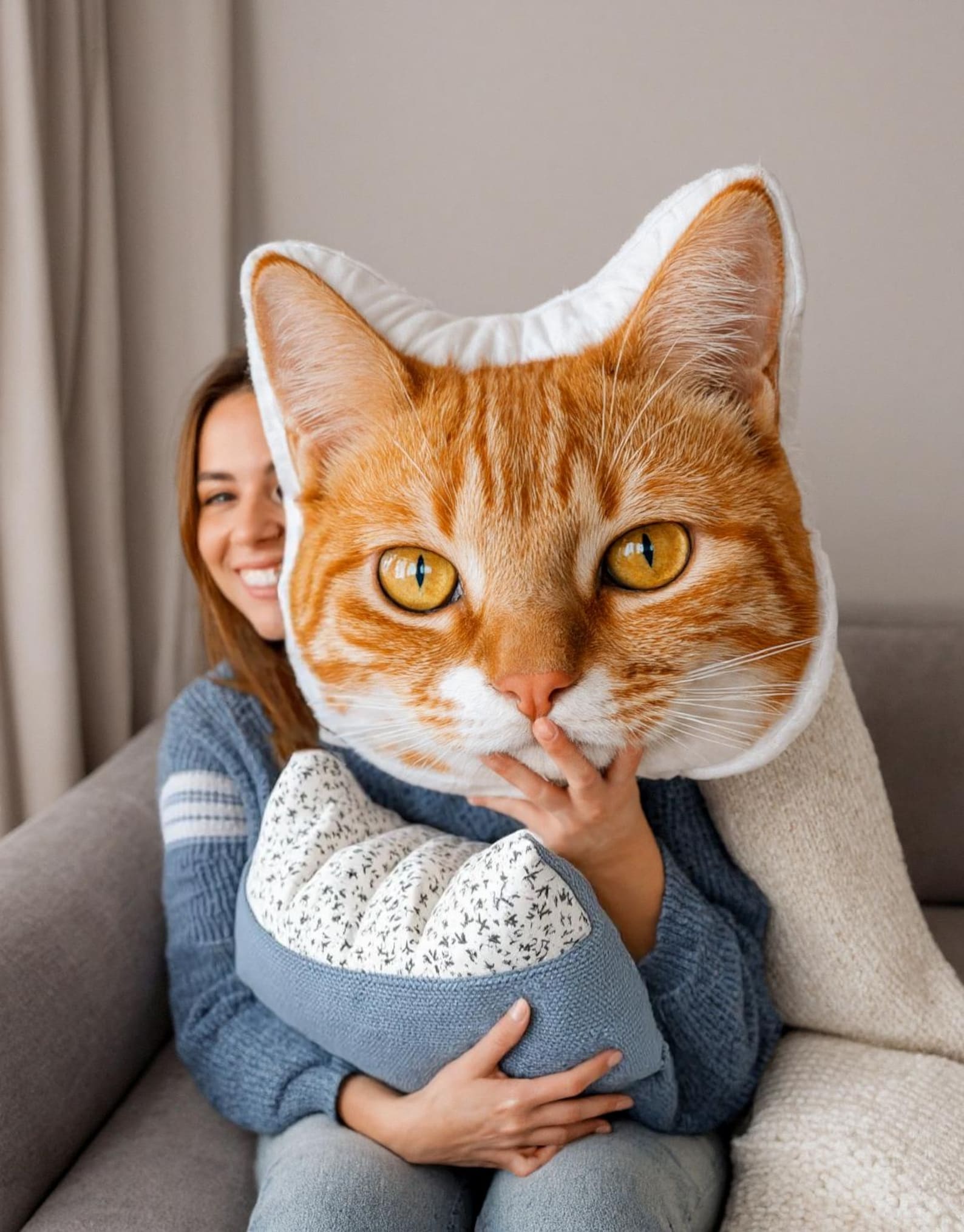
Is your home suitable for a pet?
You need to think about is the size of the animal. If you have a small home or live in an apartment, then a small animal like a hamster or gerbil would be best for you. A dog might not be the best choice because they require a lot of space to roam around.
If you have more space and a garden, then larger animals like dogs and cats are more suitable for your household.
Does your lifestyle suit a pet?
Next think about your lifestyle.
Think about how much time you can spend with your pet each day. If you work long hours, then it might be better if you have a pet who will not require too much attention or one who is content being alone in a cage for most of the day. Is there someone at home to take a dog for walks in the day or let them out to go to toilet, or do you work 12 hour shifts?
What kind of animal would fit your lifestyle and personality best? For example, cats require less attention than dogs but they are more independent than dogs and may not crave human company as much as a dog would. Some animals can be destructive and some are more independent than others. For example, cats require less care than dogs do but they also have their own set of behavioral problems like scratching furniture and urinating outside of the litter box which can be problematic for some people who do not have time for these tasks on top of their other responsibilities. Can you cope with pet hair everywhere, potential wear and tear to furniture or a litter box inside?
Have a good think about the responsibilities and challenges of each animal before making any rash decisions. The animal will need to fit into your life as much as you need to fit into theirs.
Can you provide the health care your pet needs? Do you live near a vet?
We all know how important it is to take care of our own health. But, we don't always think about the importance of taking care of our pets' health. This is why it's important for pet owners to take their pets to the vet for regular checkups and make sure that they are up-to-date on vaccinations. Do you have access to a nearby vet to ensure their vaccinations are up to date and for any health care issues? You should check if there are any vets in your area, and what they offer. You should also find out how much they charge for their services. If you live near a vet, it will be easier for them to provide the health care your pet needs on a regular basis.
It’s common for most pets to require regular treatment for worms, fleas and parasites. Will you be able to provide this care each month and not slack? It can be as simple as purchasing some chewable worming tablets for dogs, but you need to commit to taking care of your pets health as well as your own.
In taking care of your pet, you must understand the basic needs that they have. This includes food, water, shelter, and exercise. We need to take care of our pets as we do ourselves. This means that we need to feed them healthy food and give them exercise, so that they can live a long and healthy life. After you understand what your pet needs you can go about making sure that they are getting those things. You can make a plan for feeding them and get the right food for them, possibly by using a pet food subscription. You will also need to make sure that they have clean water at all times and that their shelter is safe from the elements. Ensure they are getting enough exercise each day so that their muscles stay strong and healthy.
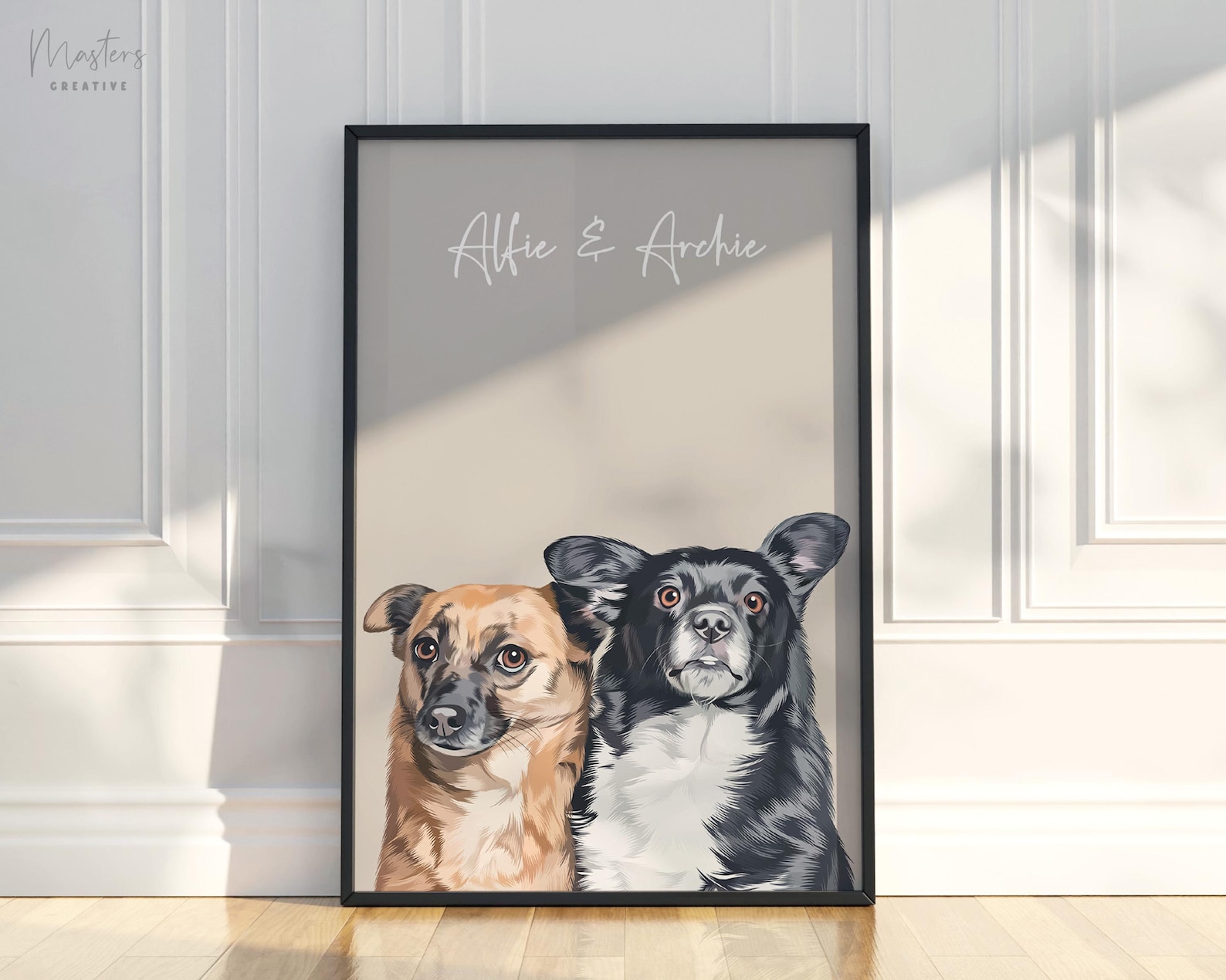
Pet Portrait, Hand-illustrated Custom Portrait
Does anyone in your household have pet allergies or existing health conditions?
One of the most important considerations is whether or not you have any allergies or other health conditions that may be exacerbated by pets. If you do, then there are some things that you should do before getting a new pet such as finding out what types of animals might be best for you and how they will affect your health condition, doing research on the type of animal and its potential effects on your health condition, and consulting with your doctor about whether or not it would be safe for you to have an animal in the house. In this case, opting for a hypoallergenic pet is your best option. You can also take an at-home allergy test that tests your body's reaction to hundreds of known allergens, including 25 allergens from pets.
Matching the right pet to your family’s age and stage
When choosing the right pet for your family, it’s important to think about the age and stage of each household member. A pet that suits a young family with toddlers may not be the same as one for a retired couple or a busy household with teenagers.
For families with very young children, low-maintenance pets such as fish, hamsters, or guinea pigs can be a good introduction to animal care. These smaller pets teach responsibility without overwhelming children with large daily tasks.
Older children and teenagers may be ready to help care for cats or dogs. Walking a dog, cleaning out litter trays, or grooming can teach valuable lessons about consistency, empathy, and responsibility.
Retired couples or older families often look for companionship. A calm cat, an older rescue dog, or even pet birds such as budgies can provide affection without the demanding exercise needs of puppies or high-energy breeds.
Matching the right pet to your family stage means considering lifestyle, available time, and how much interaction your children or adults can realistically provide each day. Making the right match from the beginning prevents stress and ensures a happier life for both pet and owner.

Can you afford to have a pet?
Before making the decision to get a pet, you should consider the cost of owning one because it can be quite expensive. The cost of a pet is not only the initial purchase price, but also the ongoing costs.
The first thing to consider is the cost of food. This is a monthly expense that can add up quickly. The second consideration is veterinarian visits. These are necessary for pets and can also be expensive depending on what kind of animal you have and how often you need care for it. Health care, food, and pet insurance all comes at a cost. Tally up exactly how much your ideal pet will cost each month to see if you can afford it.
Some people are not able to afford a pet because they cannot cover the cost of food, vet bills, and other care. This is why they should consider whether or not they can afford a pet before getting one. If you are already struggling with finances then another mouth to feed probably isn’t the best idea right now. A pet is a financial commitment so you need to be aware of the costs and have enough disposable income to dedicate to the proper care of your pet.
The biggest costs are no doubt food and any healthcare. For the healthcare you can cover yourself with a comprehensive insurance to save shelling out hundreds or thousands when they are poorly. However, you will need to cover the food costs yourself.
Also, you can’t estimate pet food costs on the cheapest available. Some pets are picky and won’t eat certain brands. Other pets may have digestive issues or other illnesses meaning they can only eat a specific type of food and you’ll need to find a grain free pet treat manufacturer for example. Just like with humans, your pet may require a special diet and this can come at a higher cost.
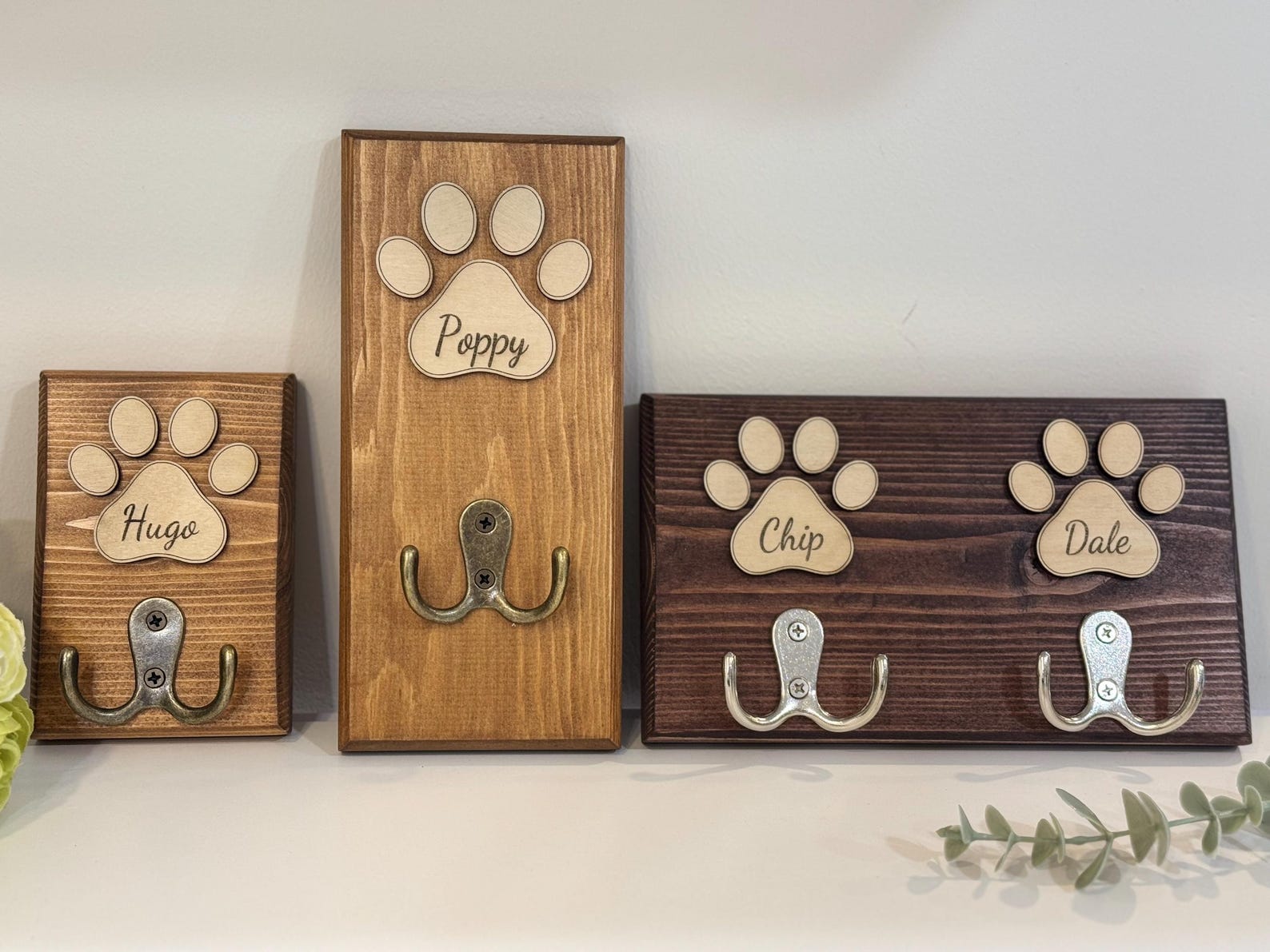
Time commitment and exercise needs
Many people underestimate the daily time commitment of having a pet. Dogs, for example, require regular exercise, training, and attention. A high-energy breed may need two long walks a day, along with mental stimulation and playtime. Without this, destructive behaviour can occur, such as chewing furniture or digging in the garden.
Cats are more independent but still require care, interaction, and enrichment. They need scratching posts, climbing areas, and toys to stay healthy and entertained. Indoor cats especially need plenty of stimulation to avoid stress or obesity.
Small pets like hamsters, rabbits, or guinea pigs may seem easier, but they also need daily feeding, cage cleaning, and handling to keep them happy. Even fish require routine tank cleaning and water quality checks.
When choosing the right pet for your family, be honest about how much time you can dedicate each day. Consider work hours, school schedules, and family holidays. Dogs thrive with company and may not be suitable for households where nobody is home for most of the day. If you want the companionship of a pet but your lifestyle is busier, cats or small pets may be a better match.
Are you preapred for the pest control involved when you have certain pets?
If you have pets, you need to be prepared for the possibility that they may bring pests into your home and the pest control involved when this happens. Pest control is a very important aspect of pet ownership. It is a necessary evil that can be quite costly and time-consuming.
There are a number of pests that could enter your home if you have pets, including fleas, ticks, lice, and other bugs or parasites. And while it may not happen often, it is best to be prepared for the worst case scenario and know what to do if it does happen in order to avoid any potential health risks to you or your family members. If your pet gets fleas then it's more than likely that you will suffer a flea infestation in your home too. Those pesky things get everywhere, believe me!
If this happens then you'll want to take your pet to a vet to get them the correct treatment and you may wish to consider treating all the other pets in your home too as they may have spread. You can continue to treat your pets each month to try to prevent them from catching fleas again. To rid your home of the fleas you'll want to seek advice from a pest control company.
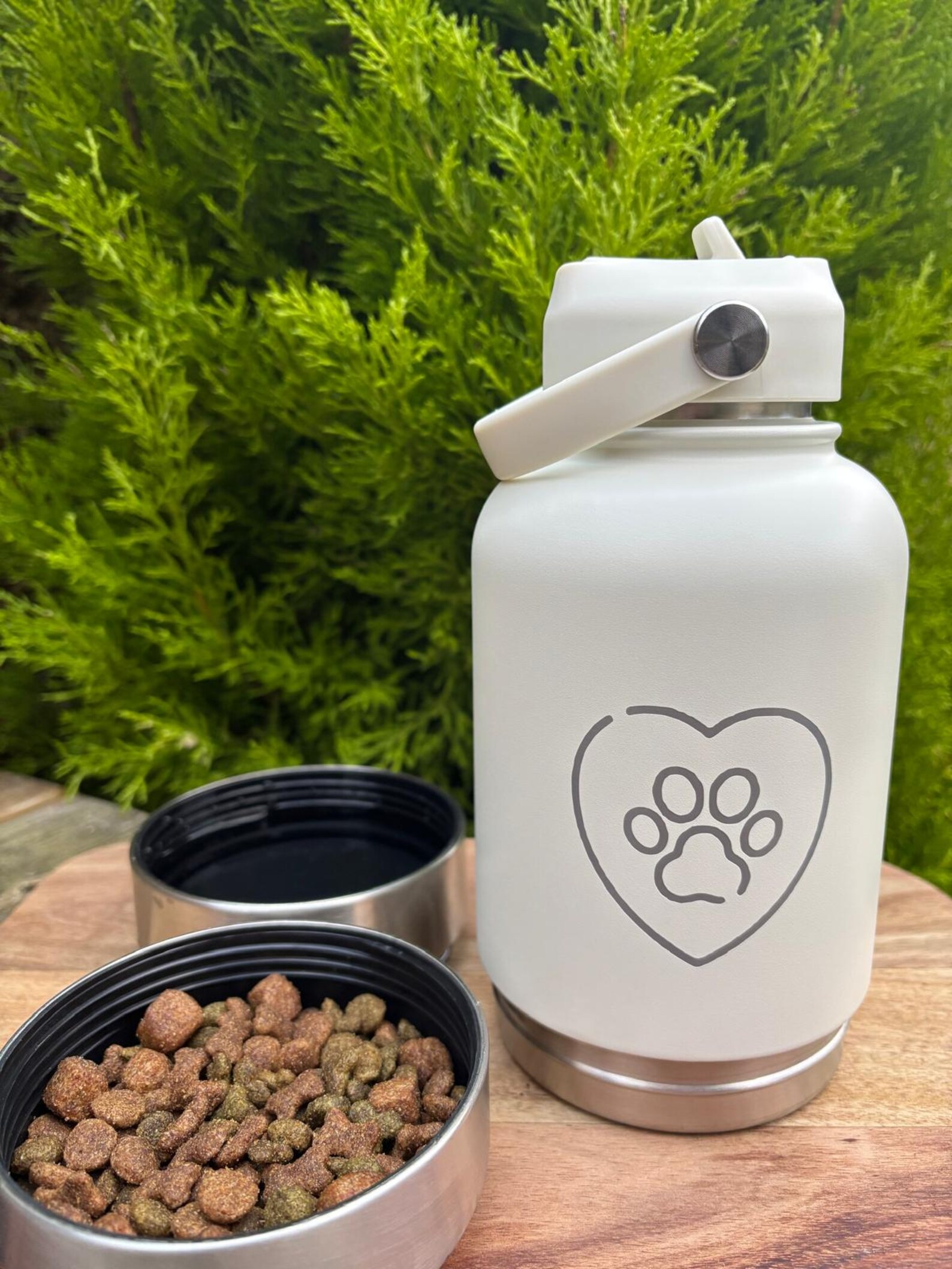
3-in-1 water flask with x2 pet bowls
Adoption vs buying
One of the most important decisions when choosing a family pet is whether to adopt or buy.
Adopting from a local animal shelter, RSPCA, or other rescue centre not only saves an animal in need but is often more affordable. Rescue pets are usually vaccinated, microchipped, and sometimes neutered, which reduces your initial costs. There are dogs, cats, rabbits, and even guinea pigs in shelters waiting for loving homes.
Buying, on the other hand, should only ever be done through licensed, ethical breeders. Sadly, puppy farms and backyard breeders are still common and can lead to animals with poor health or behavioural problems. Always research breeders thoroughly, ask to see paperwork, and visit in person before committing.
For families, adoption often makes sense because many rescue pets are already trained, socialised, and accustomed to living with children. Choosing to adopt also sets a powerful example to children about compassion and responsibility.
Long-term commitment
Pets are not short-term decisions. Every pet has a lifespan, and some are far longer than others. For example:
-
Hamsters usually live 2–3 years.
-
Rabbits live 7–10 years.
-
Cats can live 12–18 years.
-
Dogs live 10–15 years, depending on the breed.
-
Parrots and tortoises can live 40–60 years, sometimes even longer.
When choosing a pet for your family, think about whether you are ready for that length of commitment. A puppy might seem perfect right now, but are you ready for the teenage dog stage, the training, the possible health issues as they age, and the costs associated with caring for them in later life?
Children often grow up and leave home, but the family pet remains a responsibility for the parents. It’s vital to plan ahead for care during all stages of life, including senior years when vet bills may increase. A pet is a lifelong commitment, not a temporary addition.
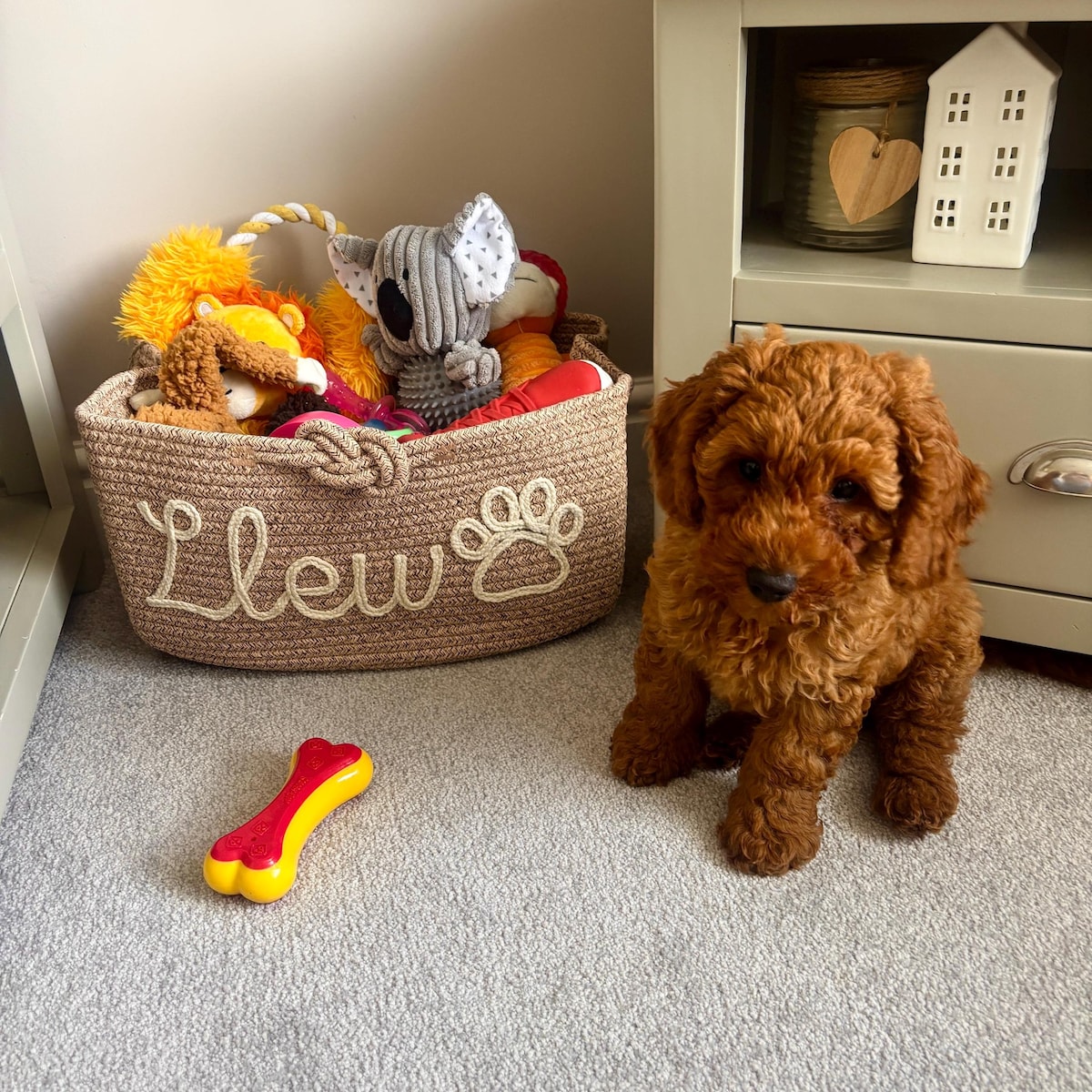
Family lifestyle compatibility
Not every pet suits every lifestyle. Choosing the right pet for your family involves thinking about your hobbies, activity levels, and how much time you spend at home.
-
Active families who enjoy walking, running, or hiking may find that a dog, especially an energetic breed, is a perfect fit.
-
Busy families with long work hours might be better suited to cats, which are independent, or small pets like hamsters, fish, or reptiles.
-
Families who travel often should plan ahead for pet care. Will you use a kennel, cattery, pet sitter, or rely on family and friends?
It’s also worth thinking about space. A large dog may not thrive in a small flat, whereas a cat or guinea pig might adapt perfectly. Families with gardens might consider rabbits or chickens, while those in smaller homes may prefer indoor pets.
By matching a pet to your lifestyle, you ensure that both you and your pet enjoy a harmonious relationship. Pets thrive when their needs are consistently met, and families benefit from the companionship without unnecessary stress.
Quick checklist for choosing the right pet for your family
Before you bring a new animal into your home, run through this checklist to make sure you’re ready for the responsibility:
-
Check housing rules – confirm your tenancy agreement or local regulations allow pets.
-
Match pet to family age and stage – consider whether children, teens, or older adults will benefit most from certain types of pets.
-
Assess space requirements – small flats may suit hamsters or cats, while houses with gardens can accommodate dogs or rabbits.
-
Think about lifestyle compatibility – active families may enjoy dogs, while busier households might prefer cats or smaller pets.
-
Evaluate time commitment – dogs need daily walks and training, while other pets may need less interaction but still require consistent care.
-
Plan for healthcare – make sure you live near a vet and can cover routine check-ups, vaccinations, and emergencies.
-
Check for allergies – test for pet allergies in the household before committing, and research hypoallergenic breeds if needed.
-
Consider adoption – rescue pets are often affordable, vaccinated, and already socialised, making them great for families.
-
Budget for costs – include food, insurance, vet bills, and possible special diets in your monthly expenses.
-
Think long-term – remember the lifespan of your chosen pet and ensure you’re ready for a commitment that may last decades.
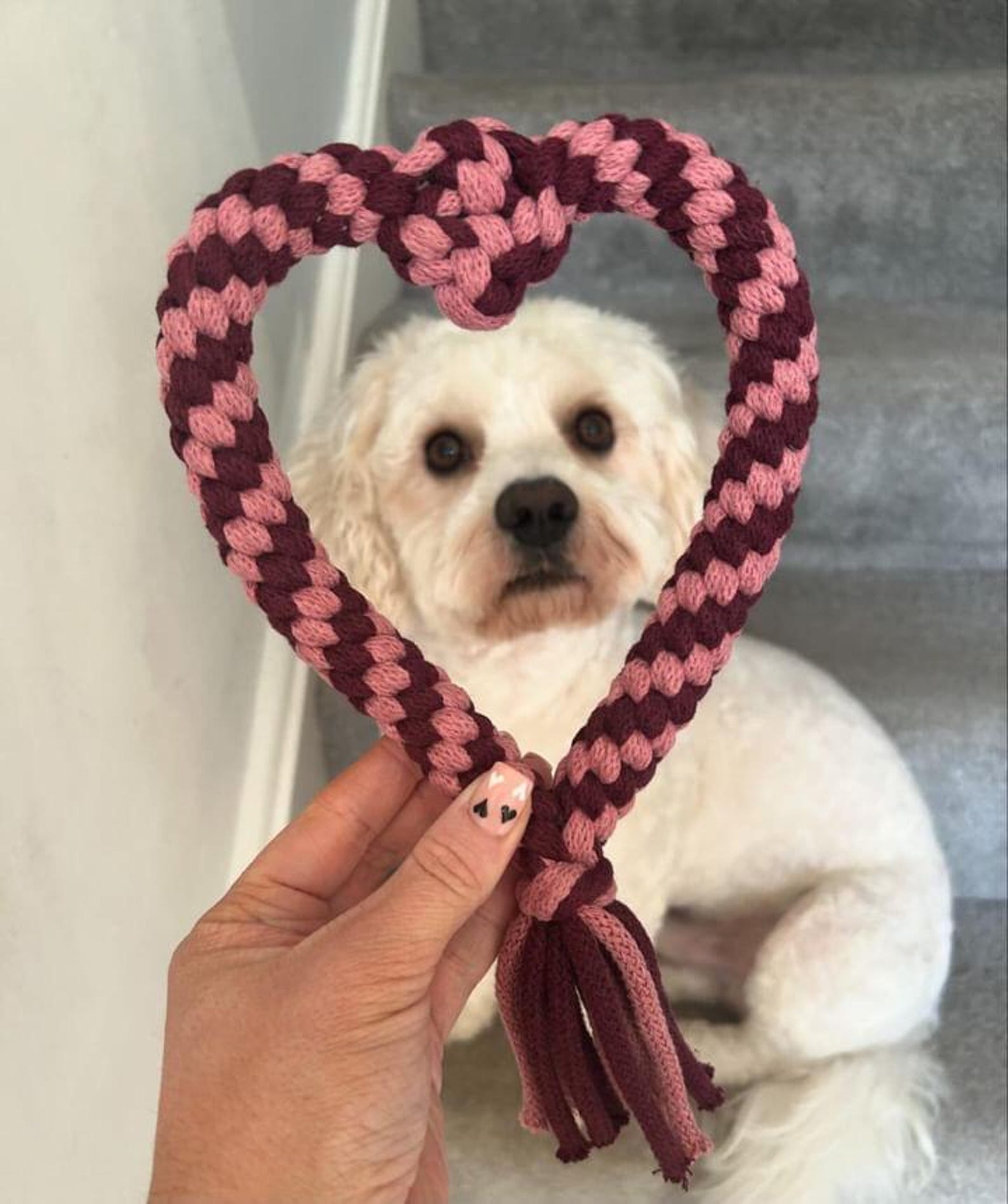
Final thoughts
A pet can be a great addition to any home. They offer companionship, unconditional love and joy to their owners. However, it is important to make sure that your pet suits your lifestyle. There are certain things that you need to consider before bringing a pet into your home.
The most important thing to take home from this article is to do your research. There are lots of tips for first time pet owners online so you can research the exact pet you’d like and see if it’s right for your family. Never just buy an animal on a whim. They are living breathing things and deserve to be properly cared for in the right environment.
Related blog posts
